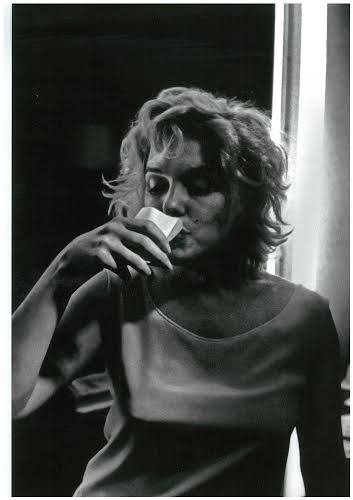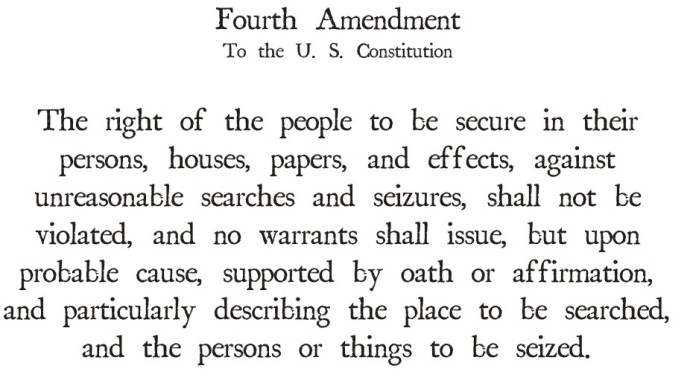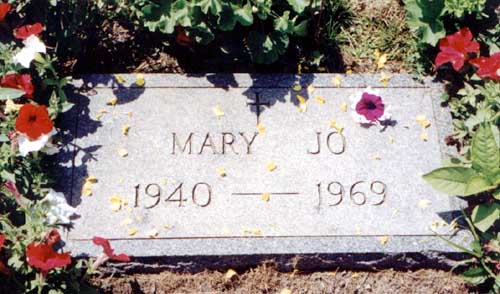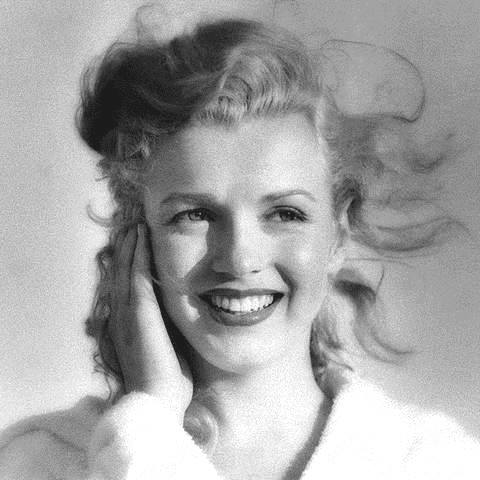40 Questions for Self Diagnosis
The following questions are designed to be used as guidelines to identifying possible signposts of sex
and love addiction. They are not intended to provide a sure-fire method of diagnosis, nor can negative
answers to these questions provide absolute assurance that the illness is not present. Many sex and
love addicts have varying patterns which can result in very different ways of approaching and answering
these questions. Despite this fact, we have found that short, to-the-point questions have often provided
as effective a tool for self-diagnosis as have lengthy explanations of what sex and love addiction is. We
appreciate that the diagnosis of sex and love addiction is a matter that needs to be both very serious
and very private. We hope that these questions will prove helpful.
Yes [ ] No [ ] 1.) Have you ever tried to control how much sex to have or how often you would see
someone?
Yes [ ] No [ ] 2.) Do you find yourself unable to stop seeing a specific person even though you know
that seeing this person is destructive to you?
Yes [ ] No [ ] 3.) Do you feel that you don’t want anyone to know about your sexual or romantic
activities? Do you feel you need to hide these activities from others – friends,
family, co-workers, counselors, etc.?
Yes [ ] No [ ] 4.) Do you get “high” from sex and/or romance? Do you crash?
Yes [ ] No [ ] 5.) Have you had sex at inappropriate times, in inappropriate places, and/or with
inappropriate people?
Yes [ ] No [ ] 6.) Do you make promises to yourself or rules for yourself concerning your sexual or
romantic behavior that you find you cannot follow?
Yes [ ] No [ ] 7.) Have you had or do you have sex with someone you don’t (didn’t) want to have sex
with?
Yes [ ] No [ ] 8.) Do you believe that sex and/or a relationship will make your life bearable?
Yes [ ] No [ ] 9.) Have you ever felt that you had to have sex?
Yes [ ] No [ ] 10.) Do you believe that someone can “fix” you?
Yes [ ] No [ ] 11.) Do you keep a list, written or otherwise, of the number of partners you’ve had?
Yes [ ] No [ ] 12.) Do you feel desperation or uneasiness when you are away from your lover or
sexual partner?
Yes [ ] No [ ] 13.) Have you lost count of the number of sexual partners you’ve had?
Yes [ ] No [ ] 14.) Do you feel desperate about your need for a lover, sexual fix, or future mate?
Yes [ ] No [ ] 15.) Have you or do you have sex regardless of the consequences (e.g. the threat of
being caught, the risk of contracting herpes, gonorrhea, AIDS, etc.)?
Yes [ ] No [ ] 16.) Do you find that you have a pattern of repeating bad relationships?
Yes [ ] No [ ] 17.) Do you feel that your only (or major) value in a relationship is your ability to perform
sexually, or provide an emotional fix?
Yes [ ] No [ ] 18.) Do you feel like a lifeless puppet unless there is someone around with whom you
can flirt? Do you feel that you’re not “really alive” unless you are with your sexual /
romantic partner?
Yes [ ] No [ ] 19.) Do you feel entitled to sex?
Yes [ ] No [ ] 20.) Do you find yourself in a relationship that you cannot leave?
Yes [ ] No [ ] 21.) Have you ever threatened your financial stability or standing in the community by
pursuing a sexual partner?
Yes [ ] No [ ] 22.) Do you believe that the problems in your “love life” result from not
having enough of, or the right kind of sex? Or from continuing to
remain with the “wrong” person?
Yes [ ] No [ ] 23.) Have you ever had a serious relationship threatened or destroyed because of
outside sexual activity?
Yes [ ] No [ ] 24.) Do you feel that life would have no meaning without a love relationship or without
sex? Do you feel that you would have no identity if you were not someone’s lover?
Yes [ ] No [ ] 25.) Do you find yourself flirting or sexualizing with someone even if you do not mean
to?
Yes [ ] No [ ] 26.) Does your sexual and/or romantic behavior affect your reputation?
Yes [ ] No [ ] 27.) Do you have sex and/or “relationships” to try to deal with, or escape from life’s
problems?
Yes [ ] No [ ] 28.) Do you feel uncomfortable about your masturbation because of the frequency with
which you masturbate, the fantasies you engage in, the props you use, and/or the
places in which you do it?
Yes [ ] No [ ] 29.) Do you engage in the practices of voyeurism, exhibitionism, etc., in ways that bring
discomfort and pain?
Yes [ ] No [ ] 30.) Do you find yourself needing greater and greater variety and energy in your sexual
or romantic activities just to achieve an “acceptable” level of physical and
emotional relief?
Yes [ ] No [ ] 31.) Do you need to have sex, or “fall in love” in order to feel like a “real man” or a “real
woman”?
Yes [ ] No [ ] 32.) Do you feel that your sexual and romantic behavior is about as rewarding as
hijacking a revolving door? Are you jaded?
Yes [ ] No [ ] 33.) Are you unable to concentrate on other areas of your life because of thoughts or
feelings you are having about another person or about sex?
Yes [ ] No [ ] 34.) Do you find yourself obsessing about a specific person or sexual act even though
these thoughts bring pain, craving or discomfort?
Yes [ ] No [ ] 35.) Have you ever wished you could stop or control your sexual and romantic activities
for a given period of time? Have you ever wished you could be less emotionally
dependent?
Yes [ ] No [ ] 36.) Do you find the pain in your life increasing no matter what you do? Are you afraid
that deep down you are unacceptable?
Yes [ ] No [ ] 37.) Do you feel that you lack dignity and wholeness?
Yes [ ] No [ ] 38.) Do you feel that your sexual and/or romantic life affects your spiritual life in a
negative way?
Yes [ ] No [ ] 39.) Do you feel that your life is unmanageable because of your sexual and/or romantic
behavior or your excessive dependency needs?
Yes [ ] No [ ] 40.) Have you ever thought that there might be more you could do with your life if you
were not so driven by sexual and romantic pursuits








 Type O Negative – I Can’t Lose You
Type O Negative – I Can’t Lose You














 PETER LAWFORD TOOK THIS
PETER LAWFORD TOOK THIS 